
More than two decades ago, the childhood of us rural children was the days of walking barefoot, wearing shorts, wandering in the fields or in the bamboo and banana bushes behind the house. Just drawing a few squares on the dirt yard, quickly picking up some pebbles on the edge of the main road, the whole group was ready for a game of Chinese checkers, forgetting all the heat of the summer noon.
The game of O An Quan has a simple but strangely attractive way of playing. On the ground, we draw a rectangle, divided into two parts, each part has five small squares called "army squares", in the middle is a larger "officer square". Each player has 25 pebbles divided equally among the 5 "army squares" and 10 pebbles in the "officer square". The game takes place clockwise, each player will spread his pieces from his square to the adjacent squares, one pebble per square. If a piece falls into an empty square, the player is forced to give up his turn. This game requires not only strategy but also a battle of wits, where every look, every glance contains secret calculations. The game of O An Quan ends when one player eats all of the opponent's pieces or when there are no more moves to make. The interesting thing is that although the game is simple, it always brings surprises that even the players cannot foresee.
I remember vividly the afternoons when Bi and I sat on the dirt floor, drawing small squares, preparing for a game of Chinese checkers. Bi was my closest friend, small but lively.
That day, under the scorching sun, we started a new game. Bi played first, I let him play a few turns, seeing him win, I just smiled. But then, a little bit of competitiveness arose in me. I began to consider each move. I spread my pieces skillfully, each move was "sharp" and finally I captured Bi's piece. When I captured the mandarin square, Bi looked at me with a sad face, red eyes: "You ate so fast? This time I must be short of pieces!". That sentence and look was like a cut in my heart. We were just kids, but through Bi's words, I realized that the game was not just about winning or losing. In the passion of winning, I had unintentionally hurt our friendship. Silently, I gently pushed the piece back to Bi, then whispered: "Okay, let me go again". I mentally calculated the moves to give Bi a chance to capture the piece again. Watching Bi carefully drop each pebble into each square, I noticed her eyes sparkle with joy again.
That game of checkers taught me a lesson that games are like life. Everyone wants to be better than others, but if we want to maintain friendship and human relationships, we must learn to give in and share.
Now that I have a family, I play Chinese checkers with my children under the summer sun on the old dirt yard. I remember Bi, the old lessons that I have not learned for so many years. Nowadays, the children in the neighborhood hardly know what Chinese checkers are, they are addicted to games on smartphones. But what electronic game can replace the feeling of holding a pebble in your hand, spreading it evenly on the Chinese checkers and anxiously waiting for the result? How can it compare to the laughter when you unexpectedly win or the regret when you lose your turn, and most of all, the affectionate glances exchanged between friends and the gentle yet profound lessons?
The traditional game “o an quan” may have faded away in the modern life but it is still an “everlasting” memory in my heart. It is not only a game of my childhood but also an indispensable part of the national cultural heritage. I dream that schools today can preserve and widely disseminate traditional games so that they continue to be present in the memories of many future generations.
Source: https://hanoimoi.vn/o-an-quan-manh-ky-uc-khong-mon-704230.html



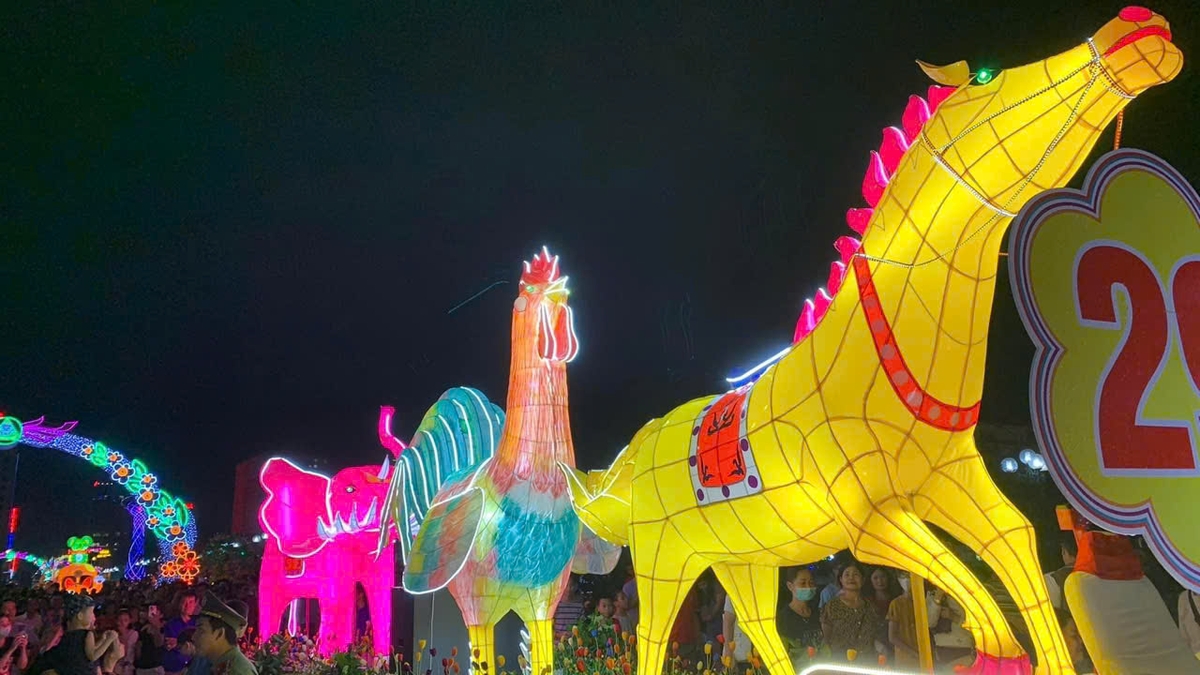

![[Photo] Opening of the 13th Conference of the 13th Party Central Committee](https://vphoto.vietnam.vn/thumb/1200x675/vietnam/resource/IMAGE/2025/10/6/d4b269e6c4b64696af775925cb608560)
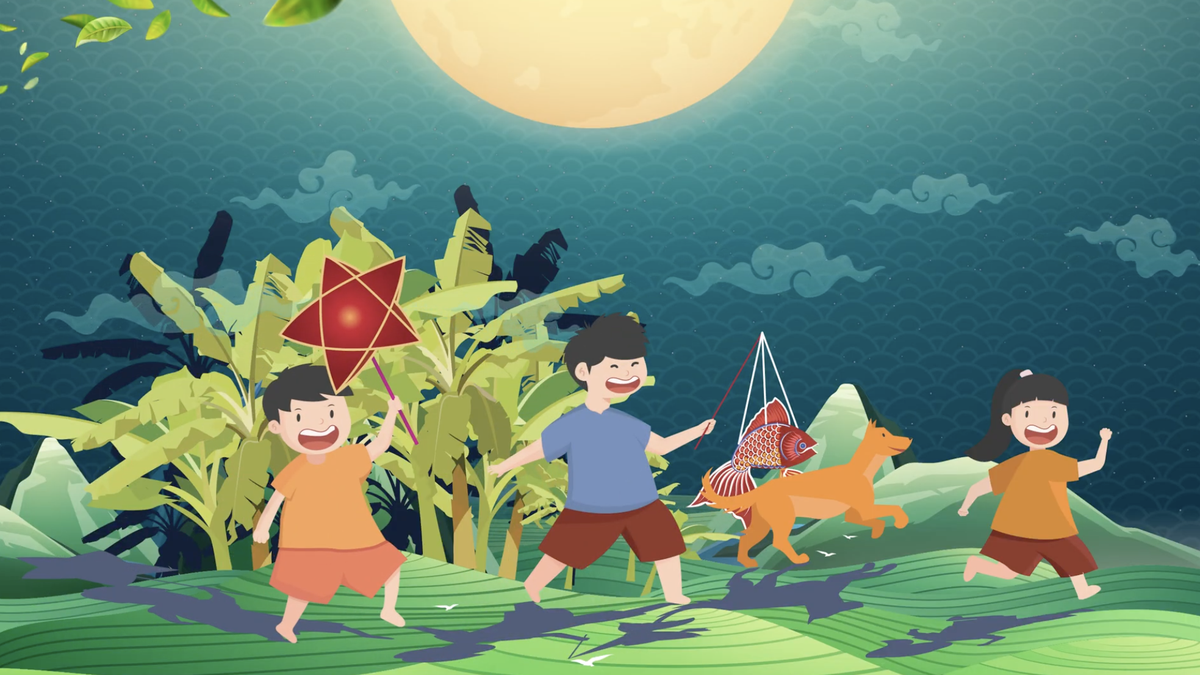

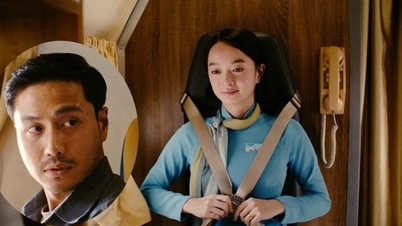

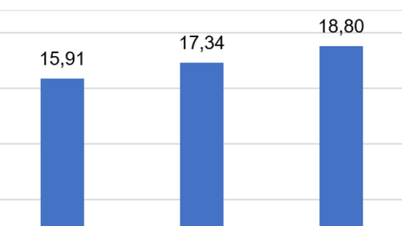

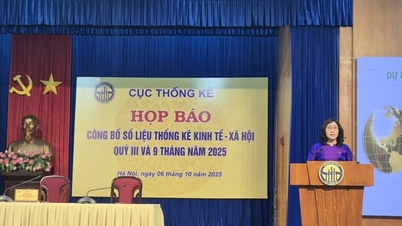
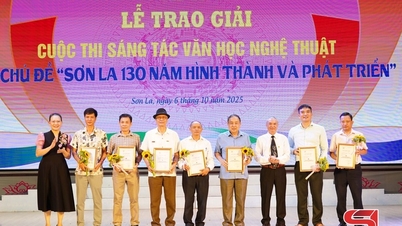

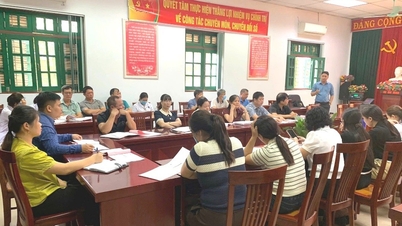





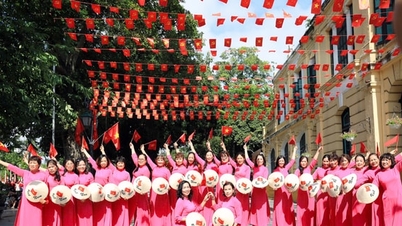



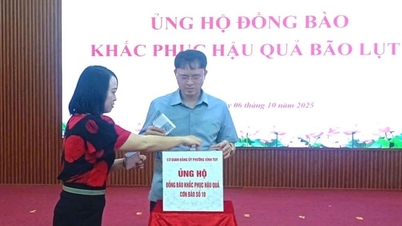
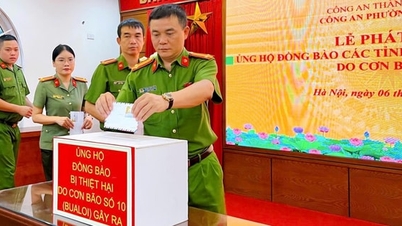


![[Photo] Prime Minister Pham Minh Chinh chairs the Government's online conference with localities](https://vphoto.vietnam.vn/thumb/1200x675/vietnam/resource/IMAGE/2025/10/5/264793cfb4404c63a701d235ff43e1bd)






































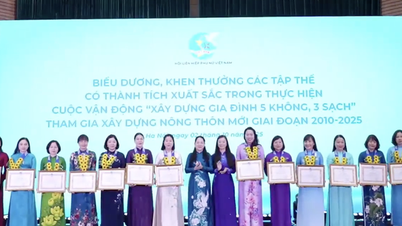









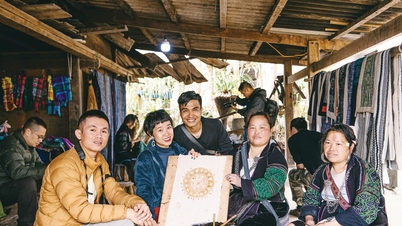

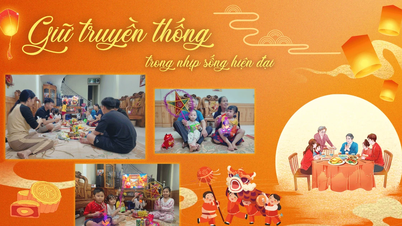



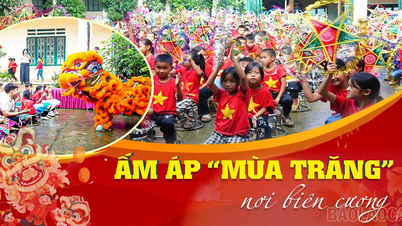












Comment (0)